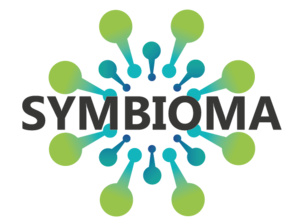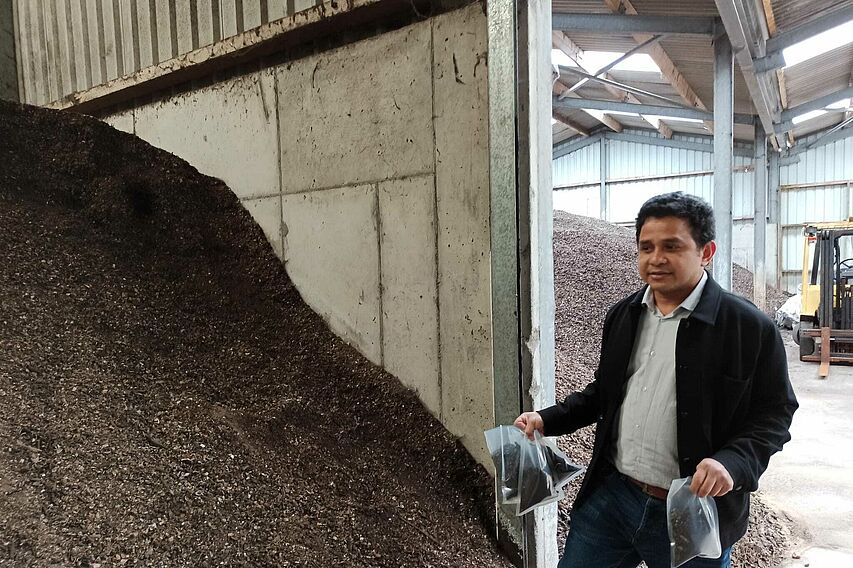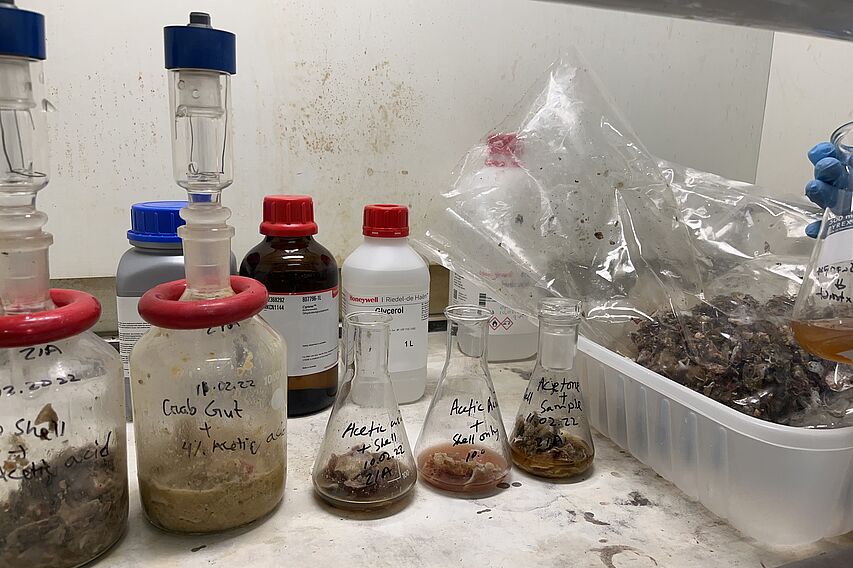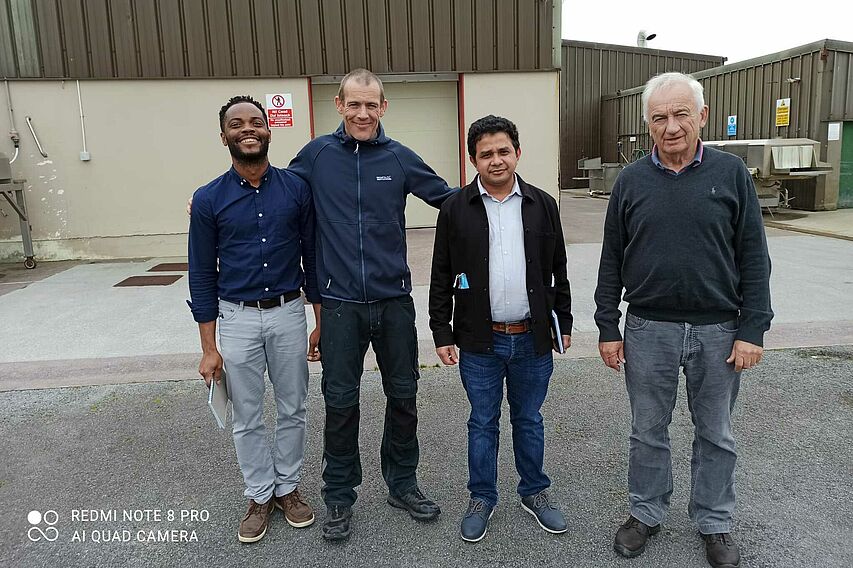Discover the achievements of the 2014-2020 NPA projects
Seven years of cooperation between people, communities, and organisations across thousands of kilometres made a difference in the Northern Periphery and Arctic regions.
Browse the NPA map of results to discover our stories of cooperation. Pick a dot from the map and scroll down to read about people who have met similar minded colleagues and together found solutions for their shared challenges.
Use the +/- buttons in the top left corner of the map to zoom in/out or click on the regions to display the NPA project stories.
In North-West Ireland regional oyster growers generate 1.000 – 3.000 tons of discarded shell stock per year. Instead of going to landfill, the enterprises are seeking a more responsible and ecological way to offset oyster waste. One option explored by SYMBIOMA was to test whether oyster shells could replace stone in making countertops for kitchens, bathroom and laboratories. Based on SYMBIOMA's estimates, using oyster shells in countertops would yield a yearly 63% net profit from wholesale with the potential to reach even more. The balance between the costs and added value of such alternative use of seafood waste is very promising, which encourages the industry to explore more product ranges with comprehensive product features.
SYMBIOMA is based on the principle that one man´s trash is another man´s treasure, the project explored how waste products in the food industry can be further used as raw materials. Focusing on brewing and distilling , potato products and fish product manufacturing, the team first analyzed the possibilities and challenges of using the waste from these industries. It also checked the services and technical knowledge available within NPA-based organisations, and then prepared a roadmap to guide SMEs in applying circular economy principles to their businesses.
John Browne
De Brun Iasc Teoranta, seafood processing SMEThe project was useful in helping us have a deeper scientific based understanding of the potential valorisation products that could be gotten from our side streams especially the crabs and prawn waste. The SYMBIOMA project partners especially at ATU Sligo were easy to work with and were contactable at any time, and were very attentive to the particular peculiarities of the market environment we work in. We will definitely be interested in developing future working relationships



